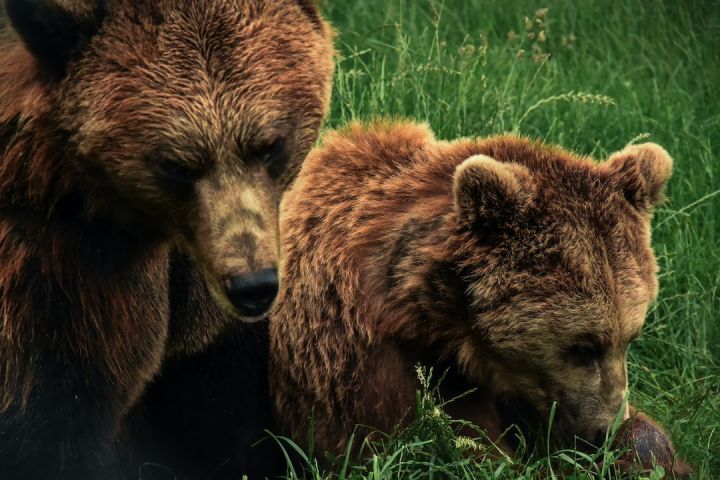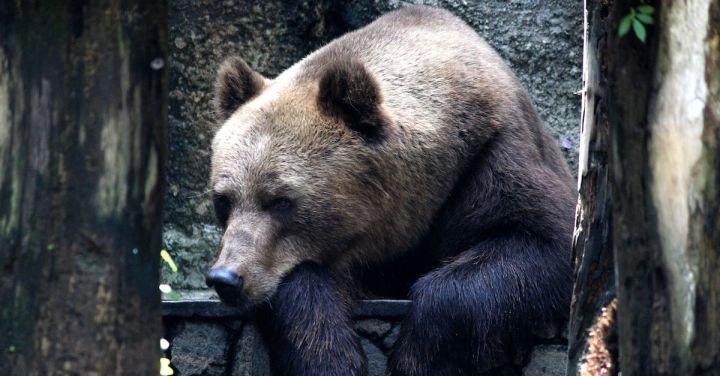What Are the Best Bear Prevention Practices?
Bears are powerful and majestic creatures that inhabit various regions across the world. While they are fascinating to observe from a distance, encountering a bear in close proximity can be dangerous. Therefore, it is crucial to understand the best practices for bear prevention to ensure both human and bear safety. Here, we will explore some effective strategies for avoiding encounters with bears.
Understanding Bear Behavior
Before delving into specific prevention practices, it is essential to have a basic understanding of bear behavior. Bears are typically not aggressive by nature and prefer to avoid human interaction. However, they can become territorial or defensive if they feel threatened or if their cubs are in danger. It is important to remember that bears are incredibly powerful animals and can cause serious harm if provoked.
Practice Proper Food Storage
One of the most effective ways to prevent bear encounters is to practice proper food storage. Bears have an exceptional sense of smell and are attracted to food sources. To avoid attracting bears to your campsite or property, store all food items in bear-resistant containers or hang them in trees away from your immediate area. Additionally, be sure to dispose of food waste properly, as even the scent can attract bears.
Use Bear-Resistant Containers
Investing in bear-resistant containers is a wise choice for those spending time in bear country. These containers are specially designed to prevent bears from accessing the contents inside. When camping or hiking, ensure that all food, cooking utensils, and scented items are stored in these containers. This not only protects you and your fellow campers but also prevents bears from becoming habituated to human food sources.
Make Noise
Bears typically prefer to avoid human encounters, and making noise can help alert them to your presence. While hiking, especially in dense vegetation or areas with limited visibility, it is beneficial to make noise by talking, singing, or clapping your hands. This alerts bears to your presence, giving them the opportunity to move away from the area before you come into close proximity.
Travel in Groups
Another effective bear prevention practice is to travel in groups. Bears are less likely to approach larger groups of people, as they perceive them as a potential threat. When hiking or camping, try to stay together and avoid straying too far from the group. This not only reduces the likelihood of a bear encounter but also ensures that there is safety in numbers.
Carry Bear Spray
Bear spray is a highly effective tool for bear prevention and should be carried by anyone venturing into bear country. Bear spray is a type of pepper spray specially formulated to deter bears. When used correctly, it can temporarily incapacitate a bear, giving you time to safely retreat. It is crucial to familiarize yourself with the proper usage of bear spray before heading into bear habitat.
Respect Bear Habitat
Lastly, it is essential to respect bear habitat and follow any guidelines or regulations implemented by local authorities. Avoid venturing into known bear territories during sensitive times, such as when bears are feeding or with their cubs. By respecting their habitat and keeping a safe distance, you are reducing the chances of an encounter and promoting the well-being of these incredible creatures.
In conclusion, bear prevention practices are crucial for ensuring the safety of both humans and bears. Understanding bear behavior, practicing proper food storage, making noise, traveling in groups, carrying bear spray, and respecting bear habitat are all effective strategies for avoiding encounters with bears. By implementing these practices, we can coexist peacefully with these magnificent animals and appreciate them from a safe distance.






